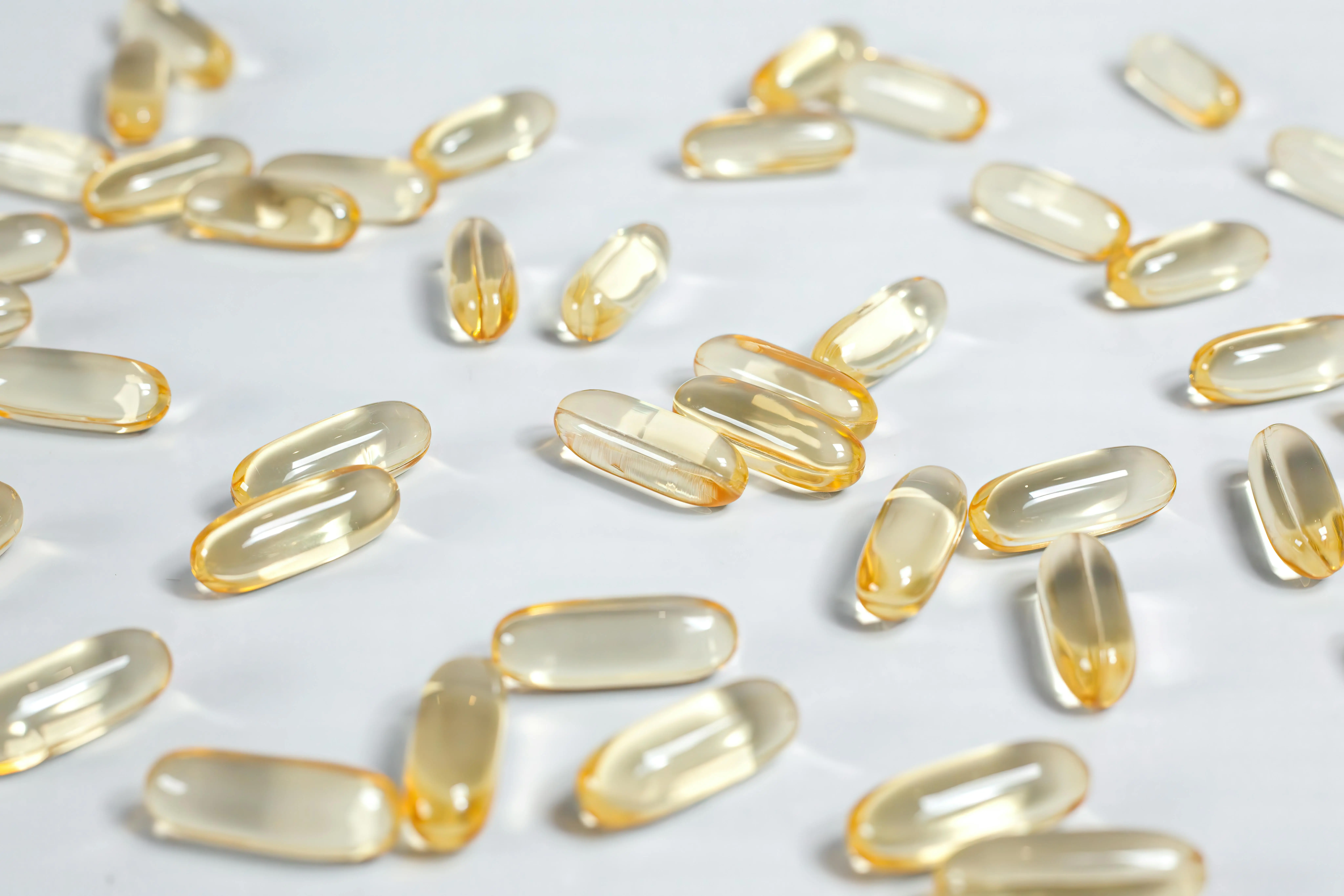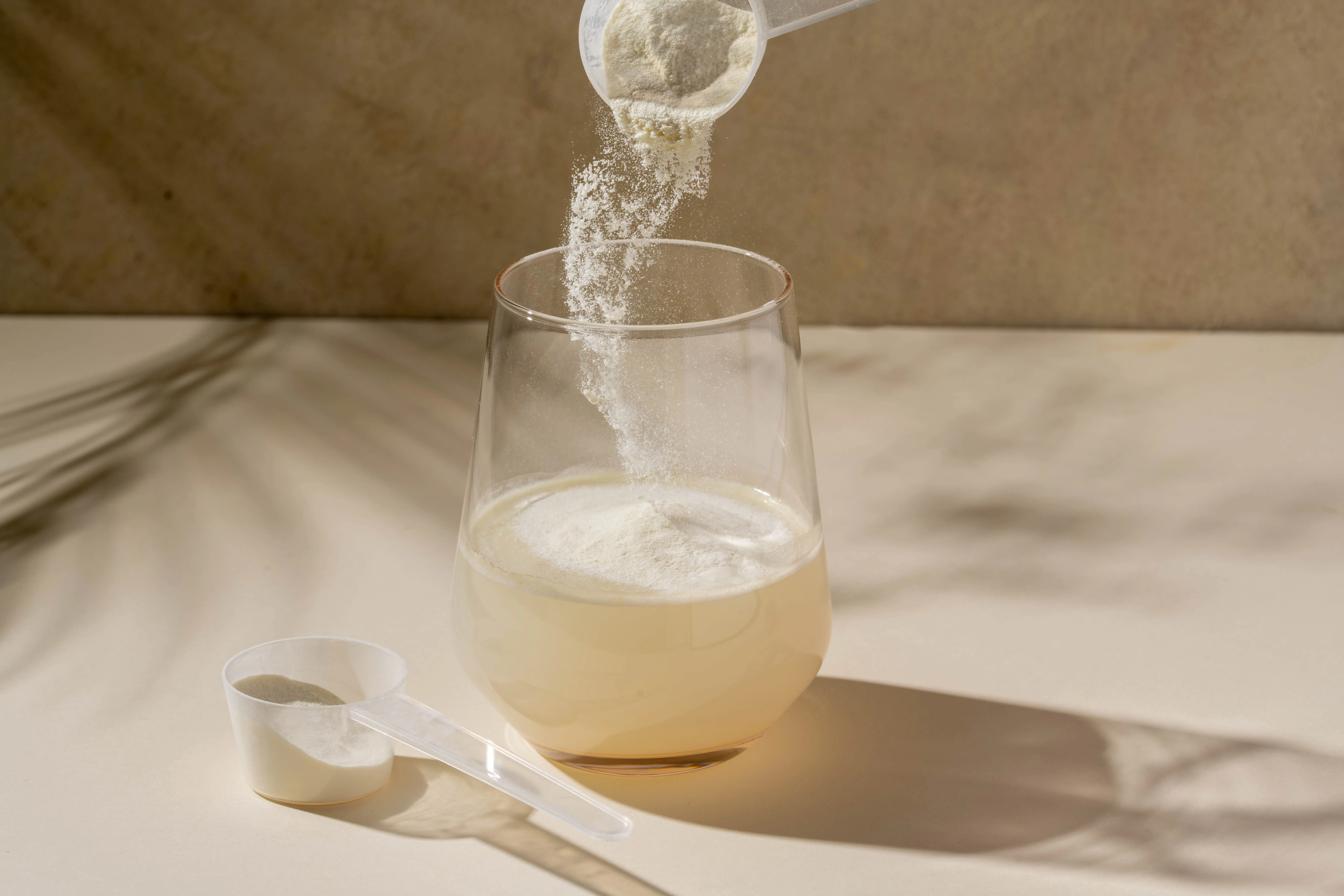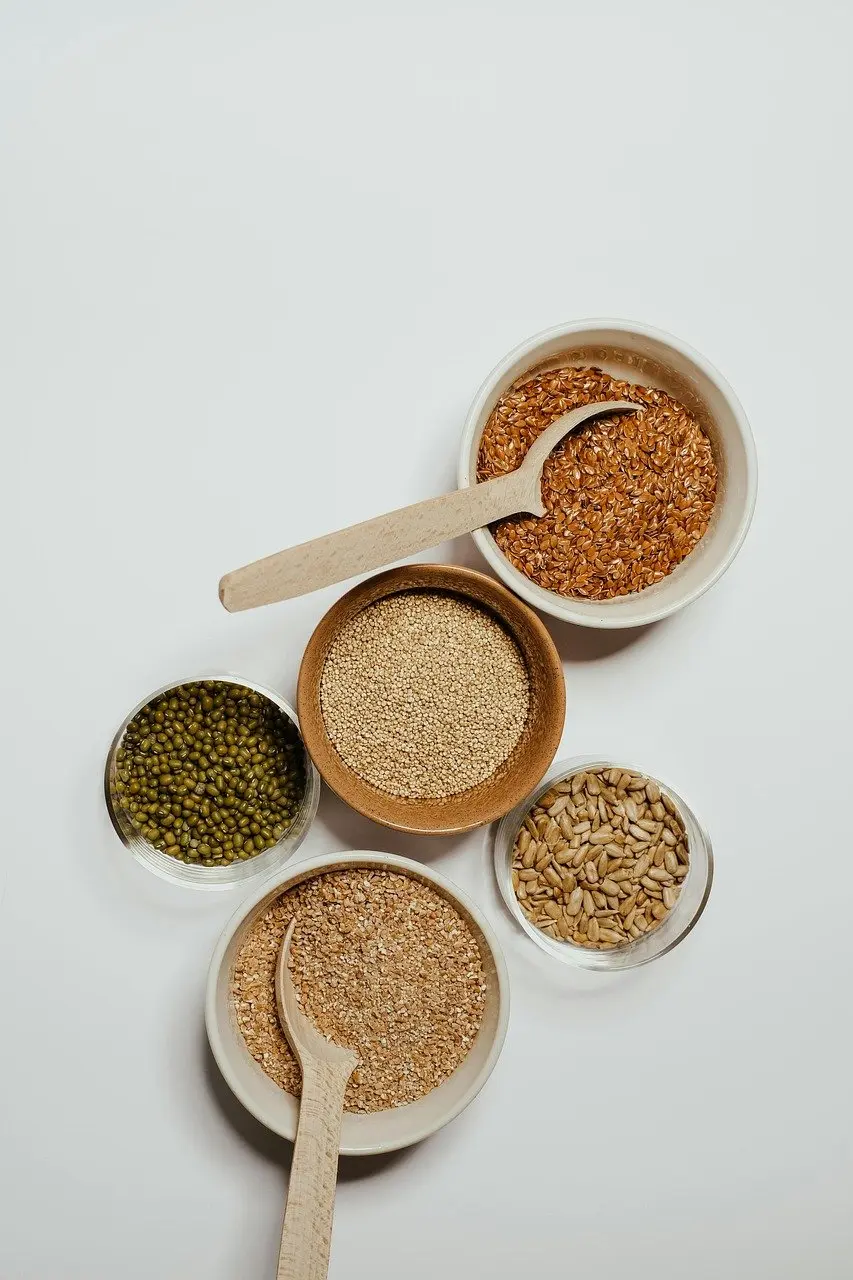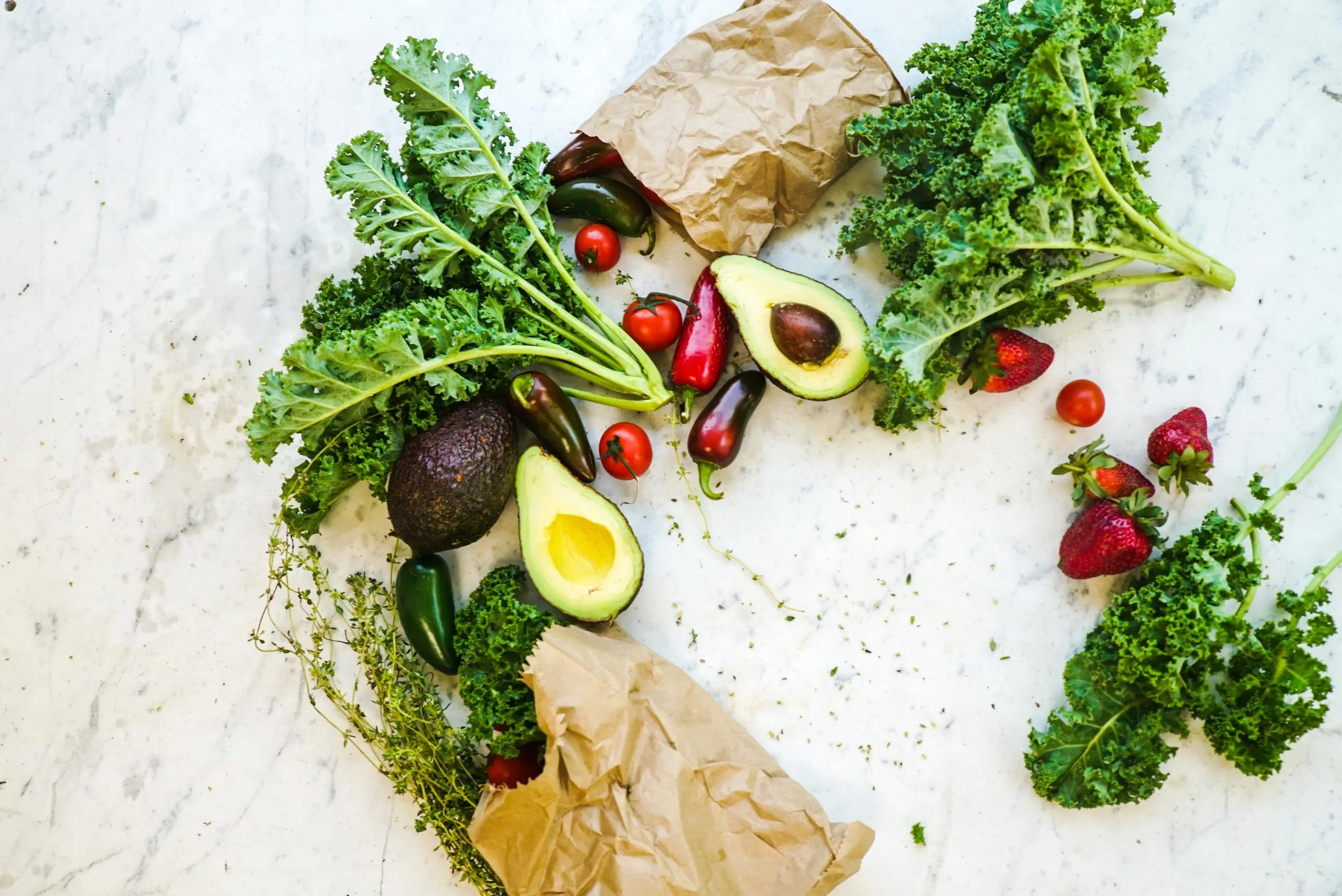Many anti-aging care products contain the active ingredient, and also selected nutritional supplements rely on it. But what is behind this coenzyme, which plays a key role in energy metabolism?
What is Coenzyme Q10?
Coenzyme Q10 (also called Q10 or ubiquinone 50) is an integral part of every single cell of the body and is found in the mitochondria, the micro power plants of our body. It plays an essential role in energy metabolism and is particularly concentrated in organs and tissues such as heart , liver, lungs and muscles.
What is Coenzyme Q10 good for?
There it works like the spark plug of an engine - as the initial ignition for energy production. The energy obtained from food from sugar and fats is stored with the support of the coenzyme in the form of ATP (adenosine triphosphate) and integrated into the various body processes that consume energy around the clock as needed.
Coenzyme Q10 also stabilizes cell membranes and acts as a radical scavenger with strong antioxidant properties. It is scientifically proven that the concentration of Q10 in the body decreases significantly with increasing age. This mainly affects the heart: 80-year-olds have only about 60 percent of the ubiquinone-10 content in their hearts compared to 20-year-olds. However, whether the aging process can be stopped or fewer cardiovascular diseases occur by taking additional Q10 is still being discussed, the study situation is not yet clear.
How does coenzyme Q10 work in skincare?
The skin's own antioxidant protective shield also ages. Cosmetics containing Q10 are supposed to strengthen the skin's protective function, free radicals , which are caused by factors such as UV radiation, pollution, and stress, neutralize them, and boost collagen production to minimize the signs of skin aging.
How does a coenzyme Q10 deficiency manifest?
A Q10 deficiency is rare because the coenzyme is both obtained from a variety of foods and produced by the body itself from the amino acids phenylalanine and tyrosine. Researchers believe that our body needs about 500 milligrams of coenzyme Q10 daily. Ideally, this amount is mostly obtained through the body's own production and additionally (about 2-20 mg) through food. The top 5 coenzyme Q10 suppliers are:















